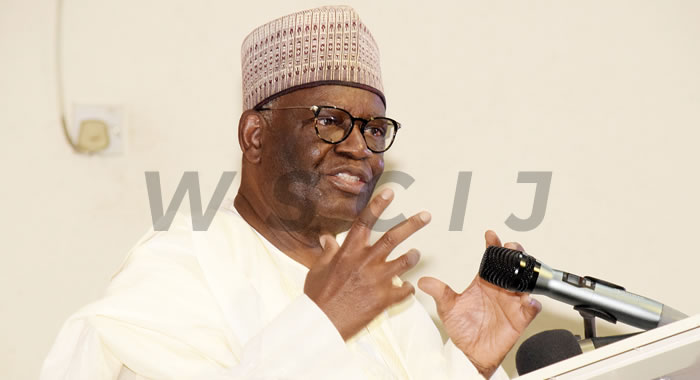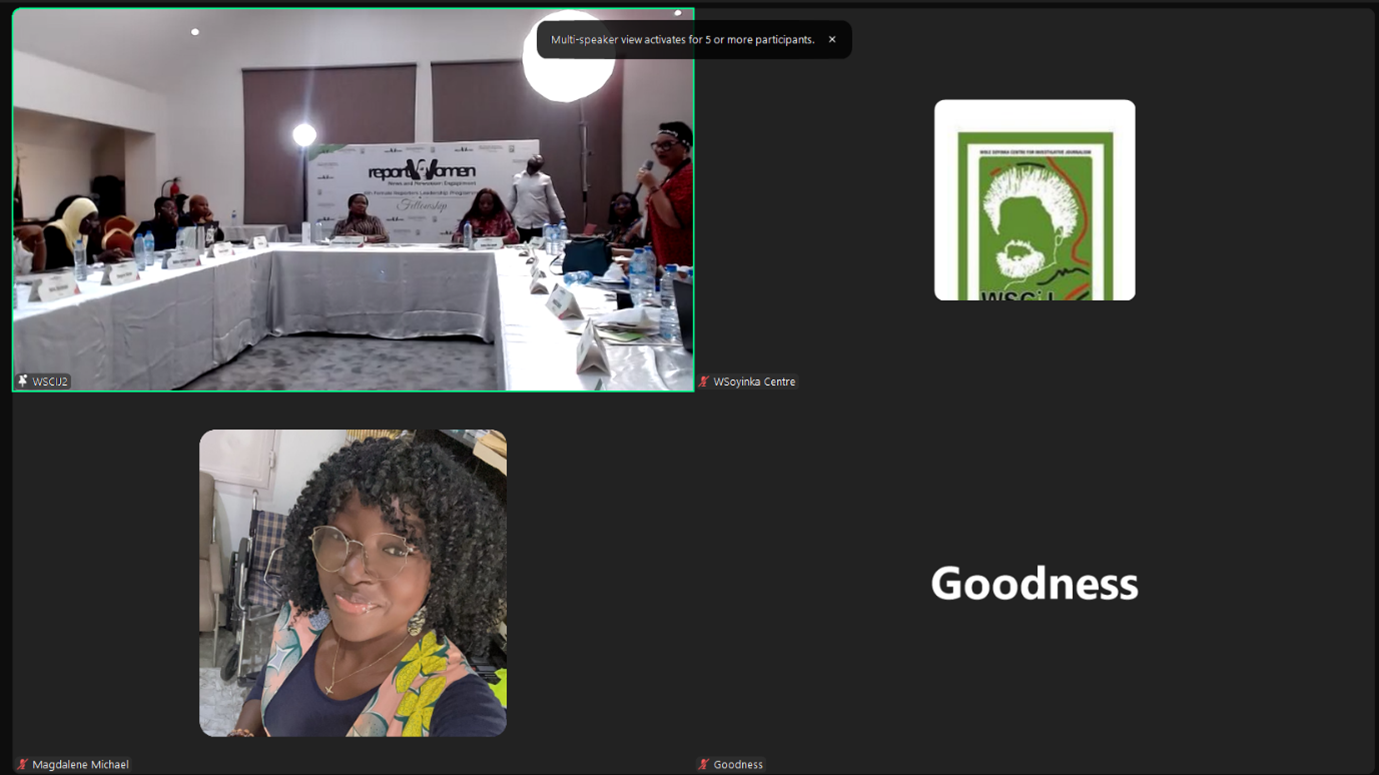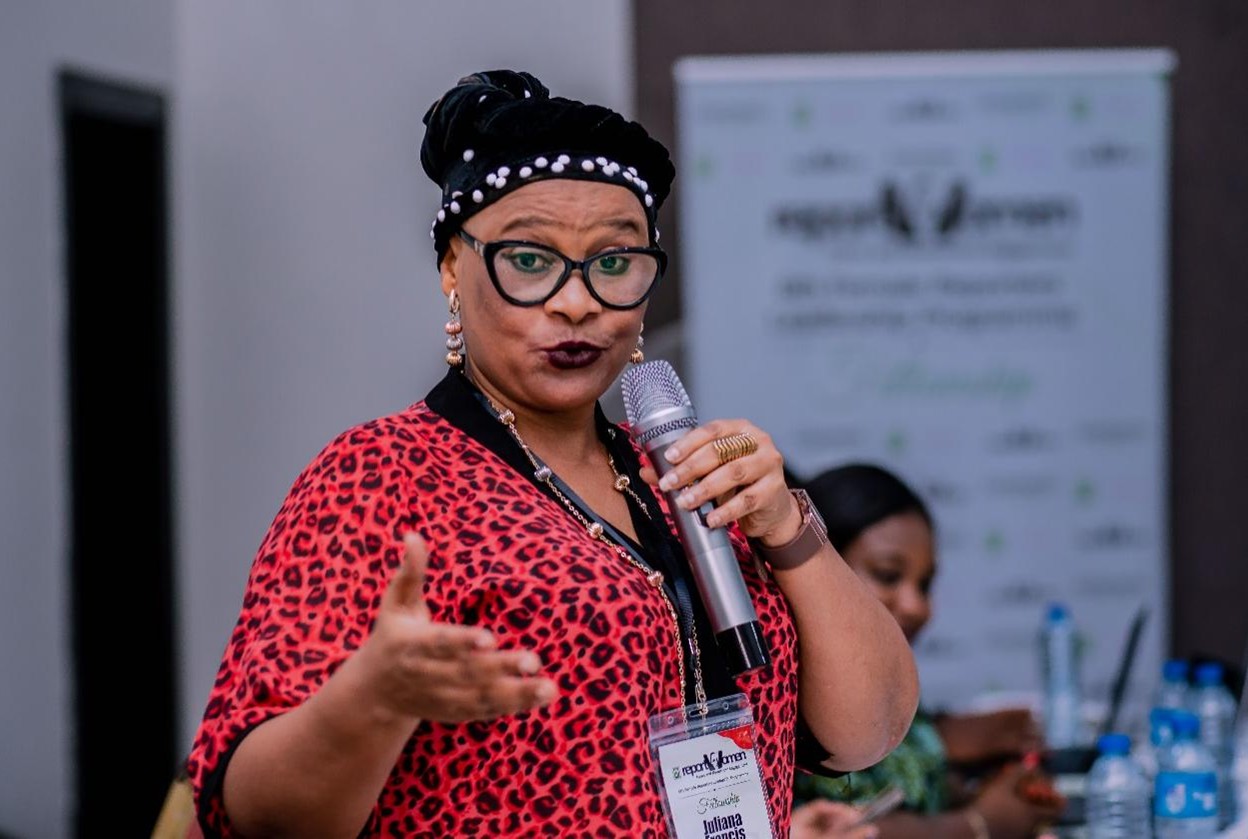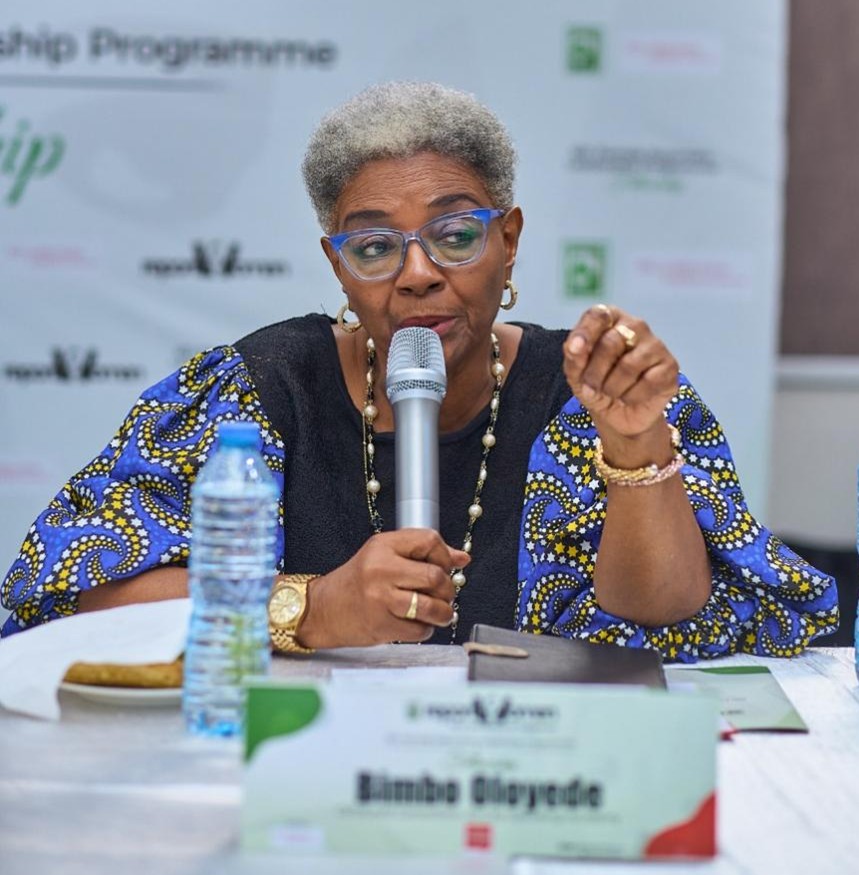Speaking at the tenth Wole Soyinka Centre Media Lecture Series held in Lagos on Friday 13 July in commemoration of the 84th birthday of Wole Soyinka, Africa’s first Nobel Laureate in Literature, Ibrahim Gambari, former Minister for External Affairs and erstwhile United Nations Under-Secretary General has recommended good governance and finding common grounds for ending the various conflicts in the country.
Gambari, who had served with the United Nations as special envoy to mediate conflicts in several countries including Myanmar Burma, Angola, Cyprus, Iraq and Darfur noted that good governance will curtail the operations of the enemies of society, the divisive forces of the society, those who make a living or thrive by causing confusion and destruction.
According to him, good governance is “inclusive and participatory, promotes and enforces equality before the law for all citizens, open and transparent and holds governments accountable for their actions, listens and responds positively to the genuine needs and concerns of the people, have the people’s broad input in decisions that affect them; is prudent, competent, efficient and effective by design; allows citizens demand their rights as well as individually discharge their lawful duties and responsibilities, gives freedom to practise one’s faith without injury or distress to the common good, and promotes unity in diversity as a positive value”.
Asserting that Nigerians are people of a shared destiny and have a common commitment to good governance and a fairer distribution of resources, Gambari urged Nigerians to demand their rights and individually discharge their lawful duties and responsibilities as citizens.
In his words: “As a political scientist, I know that in no society is power ever given freely by those who are powerful. You have to go and demand it. And you have to organise in order to effectively demand it. So, we have rights; we must insist on exercising it“.
Gambari further observed the need to identify the point that is common to all the grievances in the country and find ways to reconcile them while telling one another the truth. He therefore called for an urgent establishment of a body of mediators in the country, as with the Truth and Reconciliation Commission.








